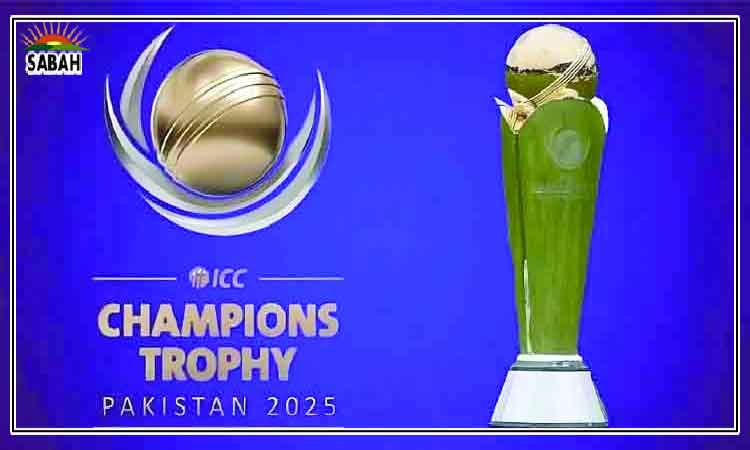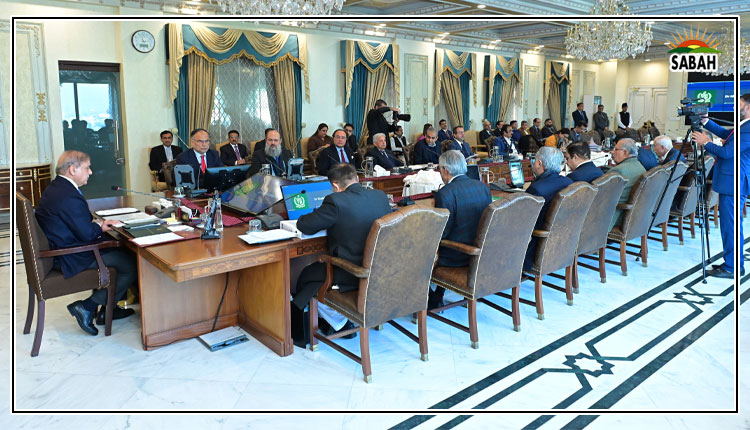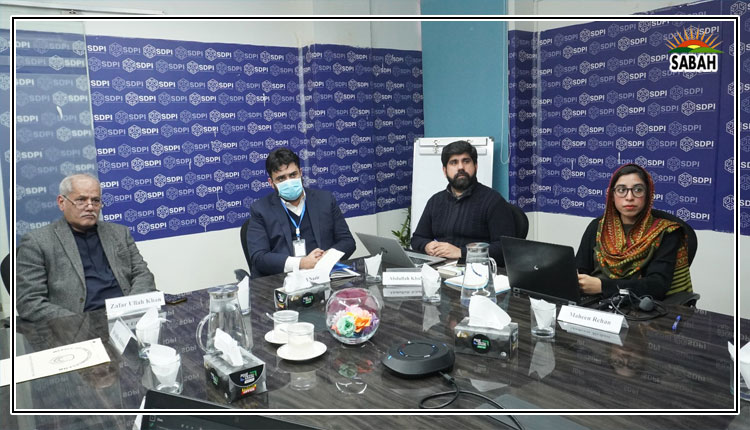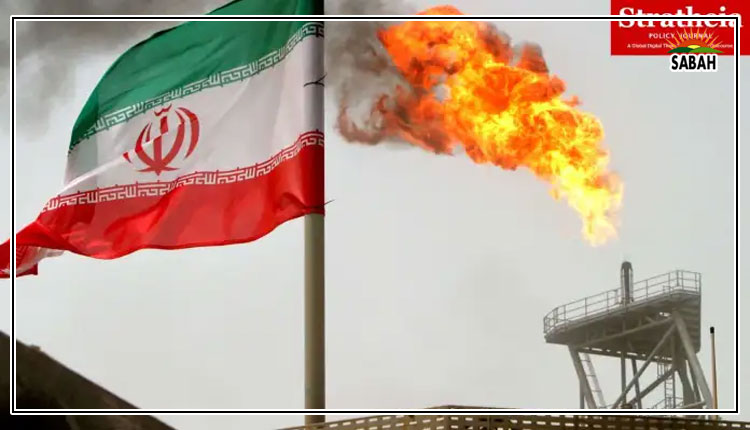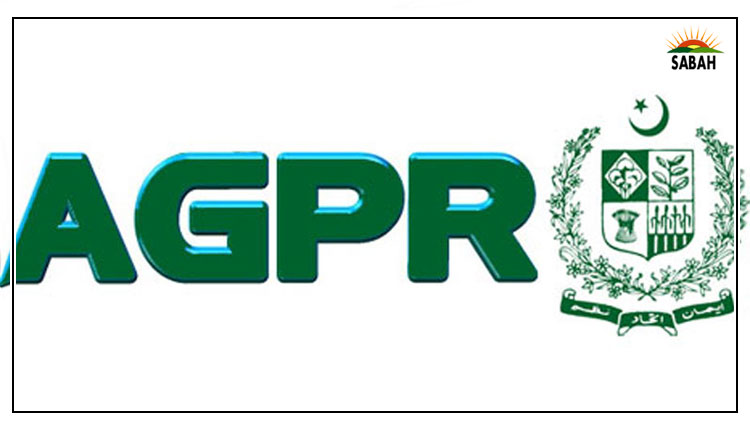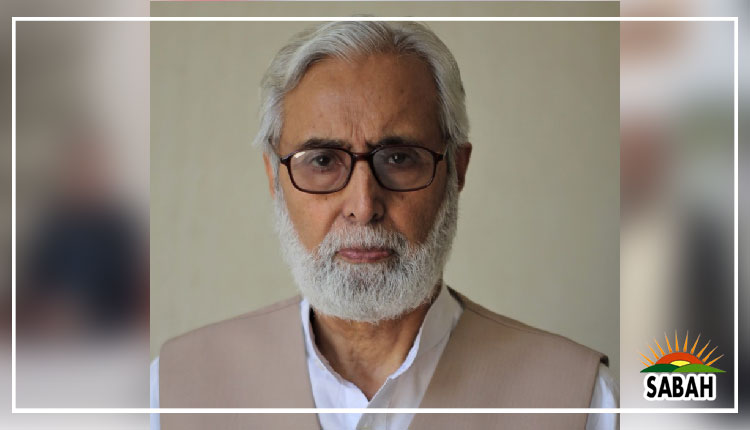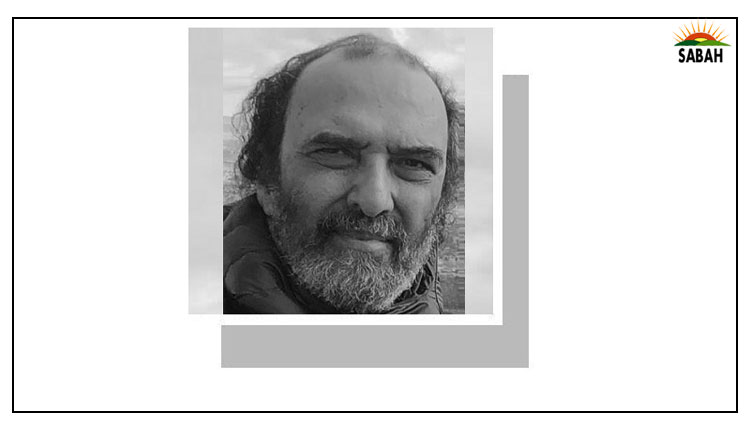Cricketers who also win hearts …. Jawed Naqvi
THE school-going cricket enthusiast in our Lucknow neighbourhood was the only one to own a decent radio in the 1960s. Rajiv Puri, Bappal to us, would wait for daybreak to shout out the latest score from his balcony, which was two houses removed from ours, for a match being played on the other side of the globe, between teams from diverse shores.
Often, Bappal would invade our living room to relay the latest from the shortwave Grundig radio. Other than cricket, Cassius Clay’s beating of Sonny Liston and Neil Armstrong’s landing on the moon were revealed to us by Bappal.
Our interest in cricket was unabashedly non-nationalist and largely oblivious of elements extraneous to the sport and it remains so till this day. At the 2019 World Cup finals, many became ardent New Zealand fans for the grace with which the team, particularly the captain, accepted a controversial defeat against a wily and boisterous England. It was a just retribution, therefore, that the Kiwis outclassed England in the opening match of the current contest.
Players, not teams, are our heroes. India had its legendary Eknath Solkar snapping up impossible catches at silly point or forward short leg before the advent of South Africa’s fielding wizard Jonty Rhodes. Pakistan’s Majid Khan was loved for walking before the umpire’s finger went up, a tradition followed by India’s Gundappa Vishwanath.
The need for a third umpire would seem insulting. Cricketers were charismatic but made little use of their towering personalities to mint money that would distract them and the fans from the sport. Farokh Engineer was an exception as the cavalier batsman-wicketkeeper who introduced cricket lovers in India and probably abroad to men’s hair cream that was deliberately misspelt as ‘Brylcreem’.
Connoisseurs were eclectic, not rabid about the national flag. If Gary Sobers hit a six in Sabina Park, it didn’t matter to Bappal or to his audiences who was being pummelled, an Indian or a Pakistani or an Australian.
Connoisseurs were eclectic, not rabid about the national flag.
Among the more enjoyable matches one got to watch inside a stadium were when Fazal Mehmood, Richie Benaud and Ted Dexter led their amazing teams to Kanpur, the venue closest to Lucknow. Australia’s Norman O’Neil and Neil Harvey were noted for their batting suffused with attractive stroke plays. Wally Grout was the athletic wicketkeeper and Alan Davidson the memorable left-arm speedster.
A particular Kanpur encounter between India and Pakistan remains etched for its blend of friendship and keen competition. It involved classy players like Hanif Mohammed, Nasim ul Ghani and Javed Burki from Pakistan. The gothic Polly Umrigar and debonair M.L. Jaisimha rose as heroes for India. Jaisimha was run out for a tantalising 99 in the match, which ended in a draw. Javed Burki and Wallis Mathias scored 48 not out each for Pakistan to round off the inconclusive outing.
The crowds were evenly ranged, and mostly knowledgeable. There was humour and innocence, far removed from today’s nationalist biliousness wrapped in consumerist ads that advise us which aerated drink or brand of cement or perfume best defines a nation. An Indian supporter of Pakistan was watching the Kanpur match with his binoculars with no risk of being branded a traitor.
Sitting in the governor’s pavilion, the man loudly disputed the umpire’s decision to negative a caught-behind appeal against Umrigar, insisting he had heard a snick. Instead of assaulting the Pakistan supporter as would happen today, Safdar, the popular wit from Lucknow engaged the man in a conversation. “Those must be special binoculars, sir, that you could hear the distant snick on them.” There was laughter to blend with the splendid match.
Years later, India-Pakistan matches were played in the desert emirate of Sharjah. I took it as a compliment when complete strangers wondered which side I was supporting. A Waqar Younis swinging yorker or Azharuddin’s wristy flick to the square leg boundary were equally applauded. England, the West Indies, Sri Lanka and Australia joined the gala.
Fugitive Bombay don Dawood Ibrahim was an acknowledged supporter of the Indian team in the 1980s. He had a special box replete with newly minted mobile phones from which he ran his betting network. Indian movie heart-throb Mehmood was among visitors from the tinsel town. He found nothing wrong in taking a Pakistani flag from a little girl and waving it. The next day, following narrow-minded protests from the Indian embassy, Mehmood just as happily flaunted the Indian flag.
India’s surprise victory at the 1983 World Cup further spurred South Asia’s interest in the game. That win was made into a fabulous movie by Kabir Khan. The Indian team had travelled on a shoe-string budget with only the zeal to play a good game of cricket.
Several star players had to cancel their onward flight to New York because the team moved to the semi-finals. Indira Gandhi was in the saddle back home while some Hindu-Muslim communal tension erupted in a small town. She instructed the final match to be shown on Doordarshan. The communal tension evaporated.
India and Pakistan were on the brink of war in May 2002. Foreign embassies in Delhi were deserted over fears of a nuclear exchange. Prime Minister Atal Bihari Vajpayee then pulled back the troops.
By the middle of 2004, he was seeing off India’s cricket squad to Pakistan with advice to “win the hearts”, which they did. And Pakistanis won the hearts of visiting Indian fans with their fabled generosity. Messages of love and peace floated around the Lahore stadium, and beautifully dressed Pakistani women cheered the lanky Indian bowler Lakshmipathy Balaji as they did their own speedsters.
Much comment has been made about the current World Cup lacking the cheer and graciousness of previous outings. After the display of the abusive crowd behaviour at the Narendra Modi stadium in Ahmedabad against the Pakistan team, not much remains to be said about who is running the show and how. Nor why.
The writer is Dawn’s correspondent in Delhi.
jawednaqvi@gmail.com
Courtesy Dawn, October 24th, 2023



